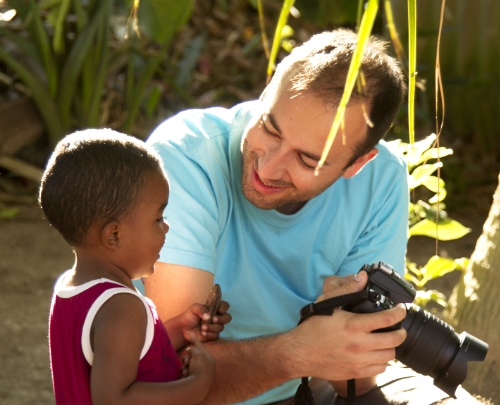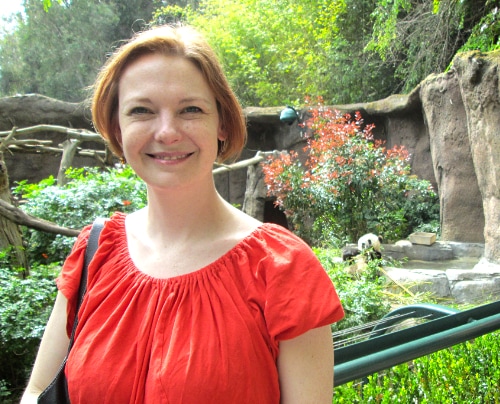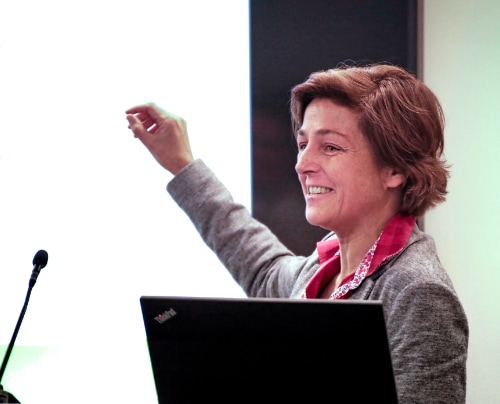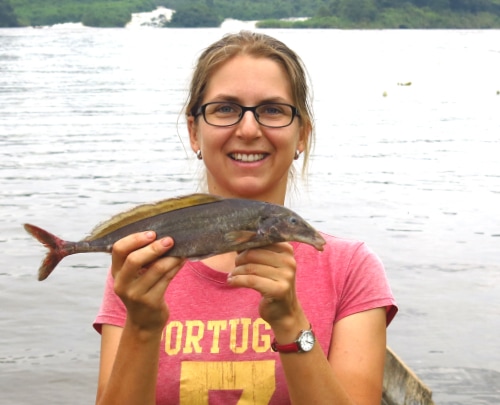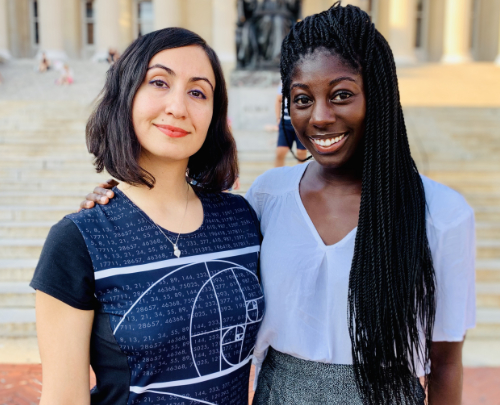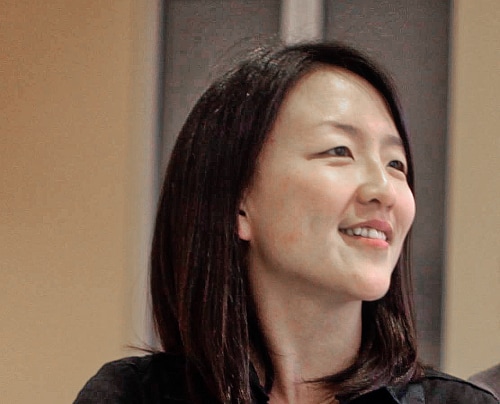Sure, you might have a tongue piercing. But would you consider something far more extreme for a bump on the social ladder? In episode 62, we’re joined by Dimitris Xygalatas from the University of Connecticut, who talks with us about how extravagant and painful rituals can foster greater subjective health and social standing.
Author: Parsing Science
- Parsing Science
- Anthropology
- culture, well-being, ad:sciencepods, kavadi, ritual
- Comments Off on Ritual Pain for Social Gain – Dimitris Xygalatas
- Parsing Science
- Engineering, Neuroscience, Biology
- ad:sciencepods, open-access, transcript, biomimicry, nanotechnology, owl, hearing, altmetric
- Comments Off on Hearing Better than a Barn Owl – Saptarshi Das
How can what engineers learn from how barn owls pinpoint the location of the faintest sounds apply to their development of nanotechnologies capable of doing even better? In episode 61, we’re joined by Saptarshi Das, a nano-engineer from Penn State University, who talks with us about his article “A biomimetic 2D transistor for audiomorphic computing.”
- Parsing Science
- Psychology
- open-access, practice, mastery, debunking, transcript, altmetric, ad:sciencepods, replication
- Comments Off on Does Practice Make Perfect? – Brooke Macnamara
In striving to develop expertise, are 10,000 hours of deliberate practice really required, and must it be guided by a teacher or coach? In episode 59, we’re joined by Brooke Macnamara from Case Western Reserve University. She’ll discuss her attempted replication of the study which led to the mantra popularized by Malcolm Gladwell that these parameters are required to master a task.
- Parsing Science
- Psychology
- extremists, 2129-5, 2044-6, open-access, transcript, radicalization, altmetric, deradicalization, ad:sciencepods, jihadists, terrorism, sacred values, neuroimaging, Al Qaeda, ISIS
- Comments Off on The Neuroscience of Terrorism – Nafees Hamid
What can brain scans of radicalized jihadists tell us about how they react to what they perceive as attacks on their sacred values? In episode 58, we’re joined by Nafees Hamid from Artis International who who talks with us about his open access article “Neuroimaging ‘will to fight’ for sacred values: an empirical case study with supporters of an Al Qaeda associate,” published on June 12, 2019 in the journal Royal Society Open Science.
- Parsing Science
- Economics, Psychology
- open-access, Big Five, personality, developing countries, WEIRD, 250, altmetric, economics, ad:sciencepods
- Comments Off on Not-So Big Personality Traits? – Karen Macours
What changes when we attempt to measure personality outside of the contexts where the instruments were developed and validated? In episode 57, we’re joined by Karen Macours from the Paris School of Economics about her research into practical issues with using a popular Big Five personality measures outside of western, educated, industrialized, rich, and democratic settings.
- Parsing Science
- Engineering
- CubeSats, satellites, aerospace, transcript, space, plumx, ad:sciencepods, open-access, ion-thrusters
- Comments Off on Taking Heat in Space – Naia Butler-Craig
How can a satellite the size of a loaf of bread take the heat of operating in the extreme conditions existing in space without overheating? In episode 56, we’re joined by Naia Butler-Craig from the Georgia Institute of Technology to discuss her open access article “An investigation of the system architecture of high power density 3U CubeSats capable of supporting high impulse missions,” which was published in November 2018 in the McNair Scholars Research Journal from Embry-Riddle Aeronautical University.
- Parsing Science
- Biology
- 203, altmetric, paywalled, ad:sciencepods, vision, open-access, fish, evolutionary biology
- Comments Off on Fishing for Color – Zuzana Musilová
How do some fish see color in the black-and-white world of the ocean’s depths? In episode 55, Zuzana Musilová, an evolutionary biologist at Charles University in Prague, discusses her research into the unique way that some fish in the deep ocean’s darkness may be able to see in color.
- Parsing Science
- Psychology
- altmetric, ad:sciencepods, open-access, communication, echo chambers, bridge ties, collective memory, transcript
- Comments Off on Collective Memories – Ida Momennejad & Ajua Duker
Can communication across networks of people be optimized to share information, while at the same time lessening the likelihood of information bubbles and echo chambers? In Episode 54, we’re joined by Ida Momennejad and Ajua Duker from Columbia University and Yale University respectively to discuss their open access article “Bridge ties bind collective memories” which was published with Alin Coman on April 5, 2019 in the journal Nature Communications.
- Parsing Science
- Computer Science
- algorithms, ad:sciencepods
- Comments Off on Behind the Curtain of Algorithms – Been Kim
Might we be better able to understand what’s going on inside the “black box” of machine learning algorithms? In episode 52, Been Kim from Google Brain talks with us about her research into creating algorithms that can explain why they make the recommendations they do via concepts that are relatable by their users.

